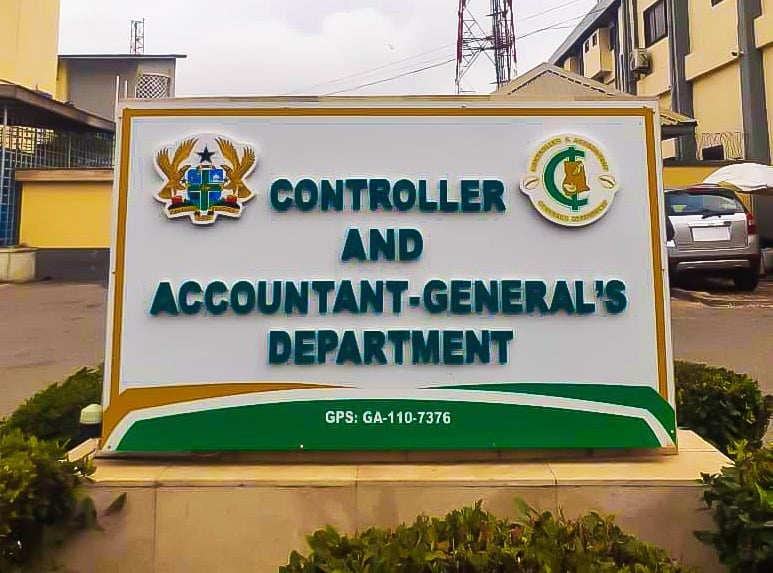The Auditor-General’s recent audit of Ghana’s 2023 Whole of Government Accounts (WGA) has unearthed a significant discrepancy in the reported public debt figure, exposing potential flaws in the nation’s financial reporting practices. The audit revealed an overstatement of GH¢138.91 billion, a substantial sum that represents a serious breach of financial accountability and transparency. The Controller and Accountant-General (CAG) reported a total public debt of GH¢876.08 billion, while the Ministry of Finance presented a significantly lower figure of GH¢737.17 billion. This discrepancy raises serious questions about the reliability of official financial data and the coordination between key government agencies responsible for financial management. The discrepancy underscores the potential for misrepresentation and undermines public trust in the government’s ability to accurately manage public funds.
The ramifications of this discrepancy extend beyond mere accounting errors. The overstatement of public debt violates Section 54 of the Public Financial Management Act, 2016 (Act 921), a crucial piece of legislation designed to ensure transparency and accountability in the management of public finances. This act mandates the full and accurate reporting of all public debt, a requirement clearly not met in the 2023 WGA. The inaccurate reporting also contravenes internationally recognized financial reporting standards, specifically the International Public Sector Accounting Standards (IPSAS) 1 and IPSAS 35. These standards emphasize the importance of transparent, complete, and accurate representation of government accounts, principles that appear to have been disregarded in this instance. The non-compliance with both national and international standards points to systemic weaknesses in the financial reporting process and necessitates urgent corrective action.
The Auditor-General’s report sheds light on the potential for errors and inconsistencies to creep into the reporting process, particularly in the absence of robust verification and reconciliation mechanisms. The disparity between the figures provided by the CAG and the Ministry of Finance suggests a lack of coordination and communication between these two critical bodies. This lack of coordination not only creates opportunities for discrepancies but also raises concerns about the overall effectiveness of oversight in the preparation of national financial statements. The findings highlight the need for a comprehensive review of the current reporting procedures to identify and address the root causes of these discrepancies.
The significant overstatement of public debt also has implications for the country’s economic stability and its ability to access international financial markets. An inflated debt figure could negatively impact investor confidence and potentially increase the cost of borrowing for the government. Accurate and reliable financial reporting is crucial for maintaining economic stability and attracting foreign investment. The government must take decisive action to restore trust in its financial reporting processes and demonstrate its commitment to transparency and accountability.
The Auditor-General’s findings emphasize the critical need for strengthening internal controls and establishing more robust verification mechanisms within the government’s financial reporting system. This includes enhancing communication and coordination between the CAG and the Ministry of Finance to ensure consistent and accurate reporting of public debt. Implementing stricter adherence to IPSAS and the Public Financial Management Act is essential to restoring credibility and preventing future discrepancies. Furthermore, investing in training and capacity building for personnel involved in financial reporting can improve the accuracy and reliability of financial data.
In conclusion, the significant overstatement of Ghana’s public debt in the 2023 WGA, as revealed by the Auditor-General, represents a serious lapse in financial accountability and transparency. The discrepancy between the CAG and Ministry of Finance figures underscores the urgent need for improved coordination, stricter adherence to national and international accounting standards, and enhanced oversight of the financial reporting process. Rectifying these issues is not merely a matter of correcting accounting errors; it is crucial for maintaining public trust, ensuring responsible financial management, and safeguarding Ghana’s economic stability. The government must take swift and decisive action to address the shortcomings identified in the Auditor-General’s report and implement comprehensive reforms to prevent similar discrepancies from occurring in the future. This will require not only technical adjustments to accounting procedures but also a renewed commitment to the principles of transparency and accountability in the management of public funds.


